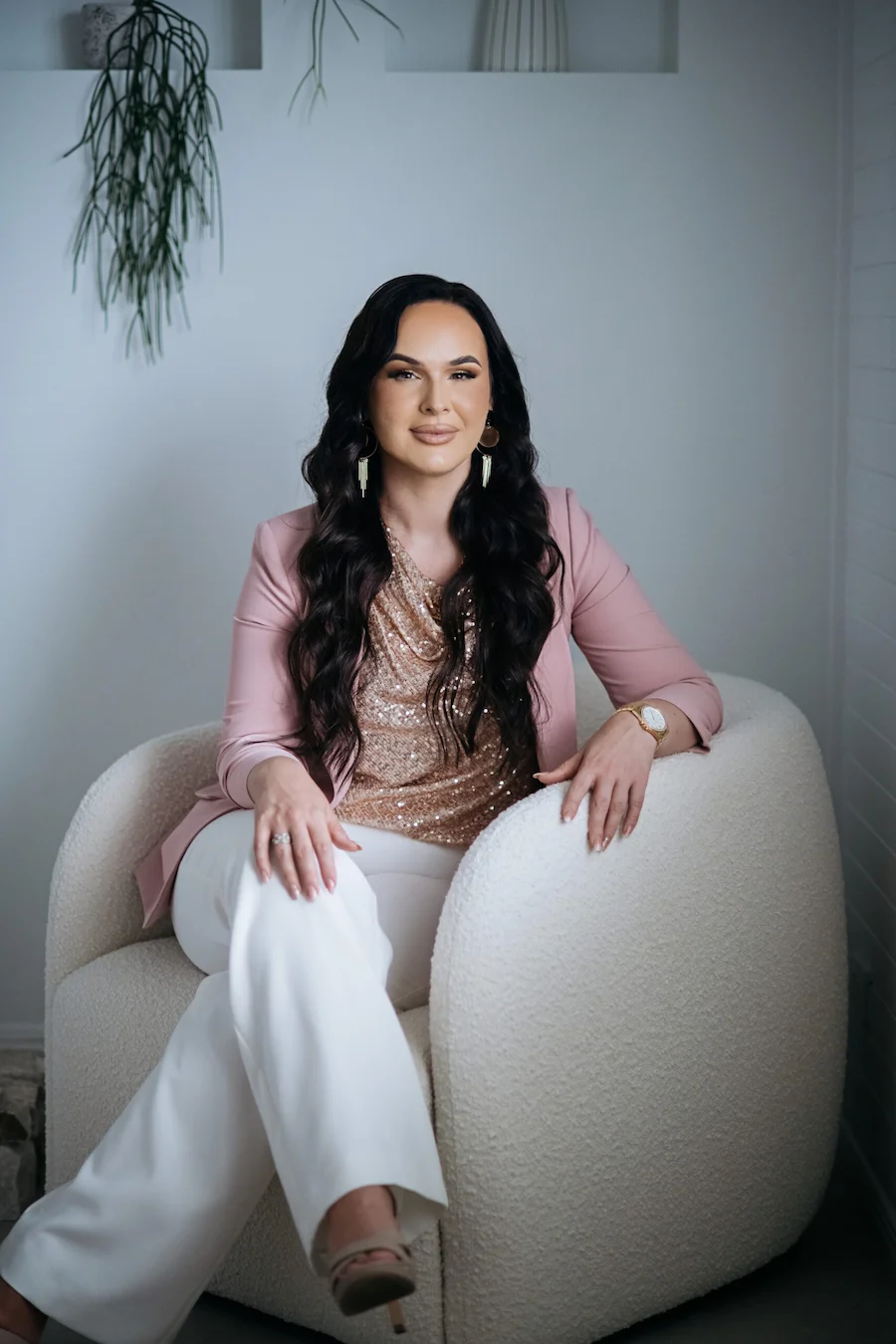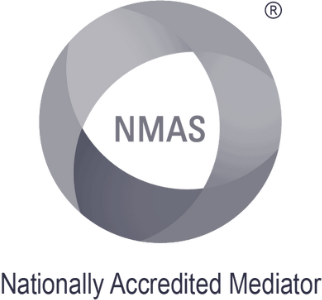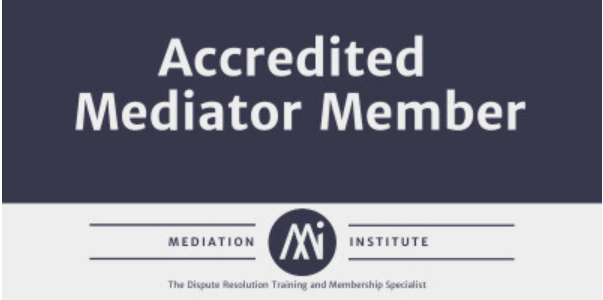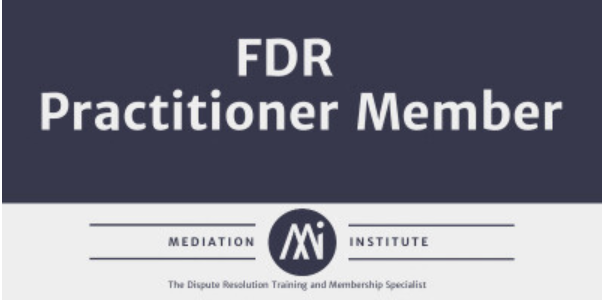Mediation that

finds the middle
ground.
Friendly,
knowledgeable,
understanding…
– Darren Wardill
Even when I lost hope, she made sure that there would be fairness in the legal system. She has watched me get emotional over my situation and still made sure that I got the outcome that was important to me.
– Skip Tinkham
Fixed fee mediation with no surprises.
What level suits you best?
Frequently Asked Questions
A parenting plan is a written agreement that outlines parenting arrangements for children following separation or divorce. It is developed and agreed upon by both parents. While not legally enforceable on its own, a parenting plan can be used as the basis for a legally binding ‘consent order’ if both parents agree.
The goal is to provide a stable, loving environment for the children while minimising stress and fostering strong relationships with both parents.
The primary focus of parenting plans is the best interests of the children, ensuring their needs and wellbeing are prioritised.
Key elements typically include:
Family Dispute Resolution (FDR) provides a less acrimonious, cost-effective, and time-efficient alternative to court proceedings. Choosing FDR to negotiate parenting plans, division of property, or resolve disputes often leads to better outcomes for all parties, especially children. Children benefit when parents work collaboratively, as it reduces the psychological and emotional impact of separation.
Additionally, FDR Practitioners (FDRPs) hold specialized training beyond that of accredited mediators, equipping them to handle complex family dynamics with expertise. Importantly, FDRPs also have the authority to issue s60i certificates, a legal requirement for initiating court proceedings in certain family law matters.
Mediation is a structured negotiation process where an independent mediator assists parties in identifying options and negotiating agreements to resolve disputes. It is an alternative to having a judge impose a decision.
Not all cases are suitable for mediation. Family Dispute Resolution Practitioners assess the appropriateness of mediation using tools such as Sub Regulation 25.
Mediation offers many benefits, including:
Parties directly involved in the dispute attend mediation. Attendees should have sufficient knowledge and authority to make decisions. Solicitors are welcome to attend to provide support.
Preparation tips include:
The process starts with the mediator explaining the proceedings. Discussions focus on the background and issues in dispute. Mediators facilitate negotiations, encourage open discussion, and explore potential solutions. The process may involve joint and separate sessions, with flexibility to schedule additional sessions if needed.
Mediation can result in:
Agreements reached in mediation may be recorded and signed. If unresolved, the case may proceed to court and an s60i certificate issued.
Family Dispute Resolution (FDR) is a process where an independent practitioner helps parties resolve disputes related to separation or divorce. FDR practitioners cannot impose decisions but guide discussions to reach mutually agreeable solutions.
It is a similar process to mediation, however, the practitioner must be registered with the Attorney General’s Department and has the authority to issue s60i certificates.
Section 60I Certificates are required under the Family Law Act 1975 for court applications involving children’s matters. These certificates are issued if mediation is unsuccessful and allow parties to proceed to court. Certificates are valid for 12 months from the last mediation session.
The Process
01
Clarity Call
A comprehensive and confidential consultation to understand your unique situation and assess if mediation is right for you.
02
Inviting the Other Party
Extend a respectful invitation to the other party, encouraging their participation in the mediation.
03
Private and Confidential Intake Sessions
Engage in separate, confidential sessions to share your perspectives and concerns, to ensure both parties are heard and understood.
04
Mediation Sessions
Participate in full or half-day sessions, either in person at our Eight Mile Plains office or online via Zoom.
05
Reaching an Agreement
Upon reaching a consensus, you will be provided with a comprehensive Mediation Agreement for you to review with your lawyer and make legally binding. Alternatively, we can create a parenting plan during mediation to support your path forward.
Creating a respectful and constructive collaborative mediation environment, empowering both parties to move forward with confidence and clarity.
Accreditations
Accreditations
Nationally Accredited Mediator
Family Dispute Resolution Practitioner
Certified Collaborative Lawyer
Accredited Domestic Violence Lawyer
Accredited Mental Health Lawyer
New Zealand – Enrolled Barrister and Solicitor
Australia – Family Lawyer
Member of
Queensland Law Society
International Academy of Collaborative Professionals
Family Law Practitioner’s Association of Queensland
Mediation Institute






